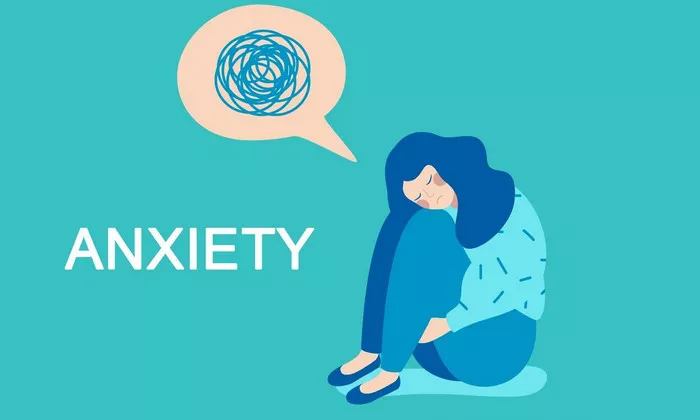FAQs
What happens when someone with bipolar takes ADHD meds?
When someone with bipolar disorder takes ADHD medications, it can potentially trigger mood swings, exacerbate manic or depressive episodes, or lead to other adverse effects due to the stimulant properties of the medication interacting with the underlying mood disorder.
What is the best ADHD medication for emotional regulation?
There’s no one-size-fits-all answer, but medications like methylphenidate (Ritalin) and certain non-stimulant options like atomoxetine (Strattera) or guanfacine (Intuniv) are often preferred for ADHD patients who struggle with emotional regulation. These medications can help manage symptoms without exacerbating mood instability.
Should bipolar people take Adderall?
It’s generally not recommended for bipolar individuals to take Adderall or other stimulant medications used to treat ADHD due to the potential to worsen mood symptoms or induce manic episodes. Bipolar disorder requires careful management, and stimulant medications can complicate treatment and exacerbate mood instability.
Related topics:
- What is Adult ADHD: Causes, Myths & Diagnosis
- Overcoming Adult Separation Anxiety: A Comprehensive Guide
- Navigating Adult ADHD: Impact as a Potential Disability


